How do you deal with having no friends?
Feeling lonely and need to find support?
Illness, mental health problems, and unexpected life changes and events can all lead people to feel emotionally vulnerable. At times like this, it’s common to need extra support. But how do you find support if you’re socially isolated or cannot reach out?
When we’re children, making friends feels like the most natural thing in the world. Human beings are social by nature, and children automatically reach out when they need help because this is what we are programmed to do.
Adult life, however, can be challenging in all sorts of unexpected ways. Support networks, therefore, are vital to see us through difficult periods. Plus, with working from home and social distancing, it’s normal to increasingly feel alone during the pandemic.
With mental health a major concern, needing to stay calm in a crisis, among other very real challenges, it is not always easy to find support when you need it most. Especially, when you feel so lonely or live all by yourself.
For many reasons, people may feel quite lonely when faced with problems even if they are usually quite social. If you’re struggling to connect with those around you or reach out for what you need, this article has some suggestions.
And please, if you struggle with your mental health, please seek support from a qualified mental health professional.
THIS POST MAY CONTAIN AFFILIATE LINKS.
IF YOU MAKE A PURCHASE FROM THESE LINKS, I MAY EARN A SMALL COMMISSION.
CLICK HERE FOR MY FULL DISCLAIMER STATEMENT.
Common Reasons Why People Want To Find Support
From ways to connect with people going through the same, specific struggles as you to general advice on how to build new networks and make new friends.
Here are some reasons that you may need support and some ideas on what to do if you find yourself in any of these situations. Some human experiences, like bereavement, are universal, and, likely, we will all experience them, unfortunately.
Like certain types of abuse or mental illness, others are more specific and require you to find emotional support, which is ideally tailored to your situation. Having emotional support can make all the difference when we find ourselves in challenging times.
Supportive communities can provide practical help, emotional care, guidance, and even a sympathetic listener and a shoulder to cry on, making all the difference.
People often want to reach out to others when they are in new situations.
👉🏽 RELATED POST: How to Improve Emotional Wellness
You Need Support in New Situations
For example, it’s common to feel isolated when you’ve just moved to a new neighborhood. You can also feel a lack of support when you’re trying to establish yourself in a new career and don’t know your colleagues or boss well.
Emotional problems, like grief or depression, can also catch us off-guard and mean that we cannot continue with our day-to-day activities the way we normally would. In situations like this, having a practical support network can be highly beneficial as you may need people to do things like walk your pets or take you grocery shopping.
Don’t feel ashamed of needing these things, or for asking for help when you need them. We are all human, and all need to find support at some point in life.
Where to Find Support When You Have No Friends
Support can arrive in many forms. One of the best ways to find appropriate support is to think about our personal needs.
- Are we introverted or extroverted?
- Will certain situations stress us out and make us feel worse?
- What practical help do we need?
Writing a list of your needs, fears, and feelings can be helpful at this stage of the process. Forcing yourself to reach out in ways that won’t suit you or make you feel worse, is not useful, so think carefully about how you react to situations.
However, you won’t always be in a good state of mind to get a clear picture of your needs, and this is where professionals and support groups come in.
👉🏽 RELATED POST: Being Happy Alone and Deal with Loneliness
#1. Find Mental Health Support
Mental health problems are extremely common. Unfortunately, people often struggle to find help because of the stigma that is still attached to many mental health conditions. Mental illness also comes in many forms, from depression to anxiety to post-traumatic stress or eating disorders.
Therapy should always be sought for any type of mental health struggle. If you can’t afford a private therapist, you should speak to your doctor or GP. However, you may still want to find emotional support beyond this and develop a community to help you in day-to-day life.
Here’s how you can find support and confidence while struggling with mental health:
A. Find A Support Person
Mental illness can often come in the form of addictive or anti-social behaviors, like drinking or drug abuse.
Many places offer anonymous support groups for recovering addicts, where people can develop both group support and find a sponsor or mentor. A sponsor’s job is to hold people accountable and offer support to prevent relapse.
This can be a vital form of relief if you are suffering from addiction.
👉🏽 RELATED POST: Daily Activities to Improve Mental Health
B. Find Depression Support Group
Depression is one of the most difficult illnesses to deal with, and the symptoms of depression make it extremely hard to reach out. However, if you suspect you are suffering from depression, it is vital to try and find support.
Mental health support groups can help sufferers realize they are not alone. People with depression often struggle to motivate themselves, so going out may become hard. If this is the case, phone support is available through groups like mental health hotlines.
Similarly, you can find support on Facebook or other social media platforms that run forums for mental health groups. Introverts or people with severe depression may find it easier to reach out online rather than in person.
👉🏽 RELATED POST: 10 Mental Health Tips to Feel Better
C. Find Support for Abuse
Domestic abuse and rape crisis charities also offer support to people who are being abused or who have been abused in the past.
Abuse can be notoriously difficult to recover from, and these people may find it hard to leave or escape the attacker. People who were abused as children often struggle with post-traumatic stress and will need to find victim support to cope with this.
Organizations like Women’s Aid and Abuse Defined offer services of this sort.
#2. Life Crisis Support
It is not only people who struggle with mental illness who require support – people struggling with life crises or with other types of disease may also struggle alone. Even if we consider ourselves strong people who have never needed help in the past, certain life events can change all this.
Requiring support when having no friends is not a sign of weakness. In fact, it takes unusual strength to reach out and let people know you need aid.
These are the most common life crises that people often face:
A. Bereavement
Writers, artists, and psychologists have described grief as a form of temporary insanity or ‘magical thinking.’
The term ‘magical thinking’ refers to the belief that the deceased person is not dead and will come back. Believe it or not, this type of strange thought pattern is common and is a part of a normal grief response. Grief can leave us feeling temporarily unhinged and unstable, however, and it may become difficult for us to complete daily tasks.
This is why grieving people need to find a support force of friends, family, or neighbors who can offer both practical and emotional support. If you’re wondering where to find support groups for grief when you have no friends, a quick online search for your local area should yield results.
If not, try an online grief support group or hotline like Cruse Bereavement or search online to find a hotline near you.
👉🏽 RELATED POST: How to Build Strong Relationships
B. Illness and Health Problems
An unexpected change in our health, such as cancer or the development of a chronic health disorder, can totally uproot our life. This can mean significant changes both to our physical capabilities and to our emotional state.
Physical illness can be just as emotionally traumatic as mental illness and can lead to depression and feelings of hopelessness and despair. After a diagnosis, it can be helpful to find cancer support groups as it is useful to talk with people who know exactly what you’re going through.
Cancer is not something that every person has, or will, experience so it can be hard for some people to relate. It may also be a relief to those with chronic health conditions to seek out people who have similar symptoms, as this can make people feel heard and supported.
👉🏽 RELATED POST: Finding Yourself After Cancer
C. Life Changes
Changes don’t have to be negative to create stress and emotional upheaval. Common stressors include exciting events like pregnancy, moving to another home, or career changes.
Even if you feel like you should love every minute of your new life, don’t be ashamed if you feel overwhelmed. If you can, find family support by opening up to your relatives or partner.
If you’re single or have moved to a new place where you don’t know people, try making a date or trying a new activity to make friends. You can check out the best dating sites to meet new people.
d) Divorce or Relationship Breakdowns
Ending a relationship or marriage can take a serious emotional toll, and people going through this may need to find extra support.
Marriage counselors can offer support when relationships are going through difficult patches. Similarly, if you have recently gone through a traumatic divorce, it is wise to consider therapy yourself to deal with underlying issues. If you’re wondering where to find support groups for people who have been through a divorce, online communities like PsychCentral and TalkAboutMarriage can offer services and advice.
Even if you have no friends, talk with your family. Talking openly with family can also help you find a support force to shield yourself against loneliness and isolation as you adjust.
👉🏽 RELATED POST: Mental Health Tips for Coping with a Crisis
#3. Find Support During the Pandemic
National lockdowns and social distancing during the pandemic have made it difficult for many people to go about their normal activities. Older people may want to avoid public places and may struggle to get their shopping.
Meanwhile, people who fall ill or who are asked to quarantine while they live alone may not have people to help them. Local charities and government organizations are the right places to find coronavirus support with basic needs like this.
The economic downturn caused by coronavirus has also affected many people financially.
If you are struggling to find financial support during the pandemic, speak to your local government authority to see what benefits you are entitled to. Tax cuts and rent breaks may be available for businesses or tenants, so it’s worth looking into your situation more closely. Food Banks and church groups are also offering hardship services, like food collection and delivery.
People who have been ill with coronavirus may struggle with post-traumatic stress after their illness. Others have developed chronic fatigue even after their recovery. Mental health support groups or private counseling may offer help with this.
What to Do When You Feel Alone and Have No Friends?
Navigating unexpected emotional and physical life changes is always a tough task and can be even harder if you feel alone. It’s perfectly normal to need a little extra help sometimes, and life can get on top of all of us.
Don’t suffer in silence! Reach out and find support near you.
Get your FREE 50-Page eBook
Get your free copy of the 50 Mental Health Tips for Coping in a Crisis eBook.
Please remember to be sure to seek professional help if you need it, call a crisis line or make an appointment with a counselor.
Final Call: Where do you look for support in your local community? What are times in your life when outside support has helped you? Are you a member of any support groups?
Let us know in the comments!
Feeling lonely? Wondering if it's normal to have no friends? You can reach out and find help in hard times. Click here for exactly how to find people to support you. #Lonely #MentalHealth #FindSupport #GetHelp
How do you deal with having no friends?

More About Guest Contributor
Mrs. Simyone works as a freelancer and also she has two wonderful kids. Together with her sons, she travels around the world and discovers new meals. In free time Mrs. Simyone shares her experience about a toxic marriage and helps others to build healthy relationships.
Last Updated on July 17, 2024
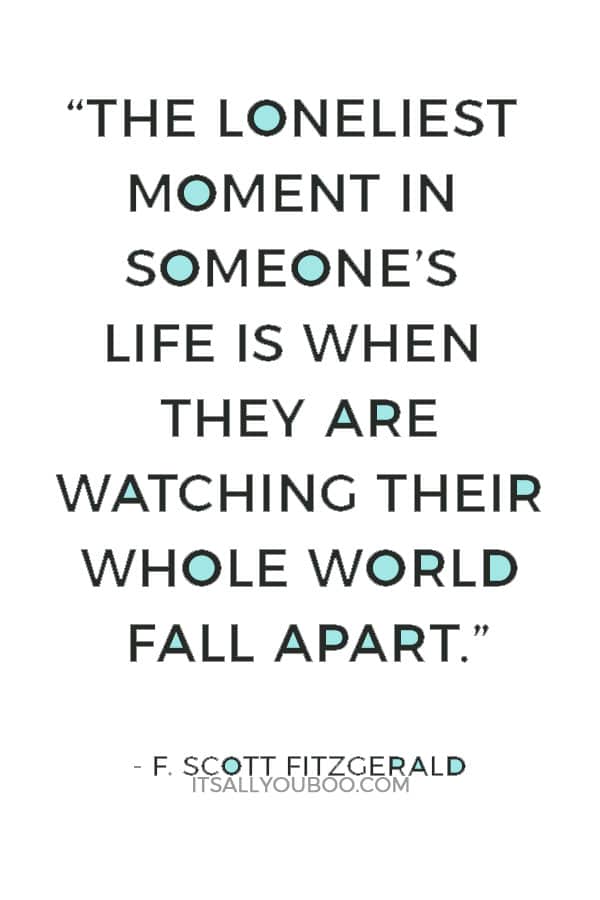
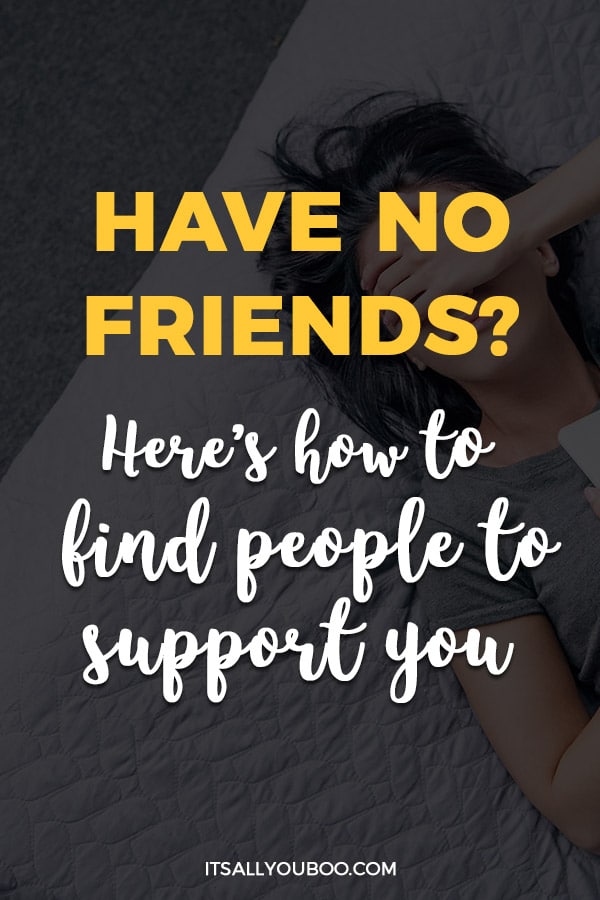
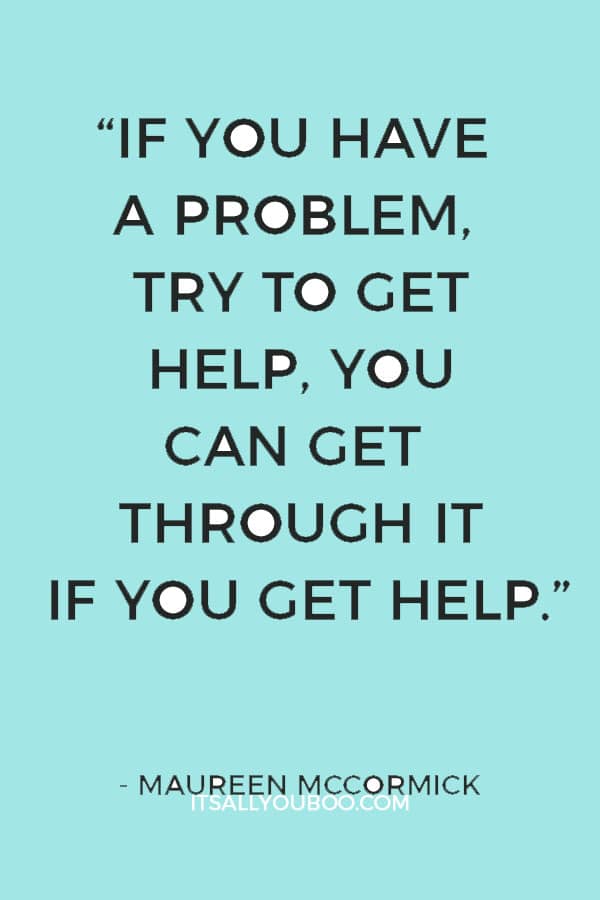
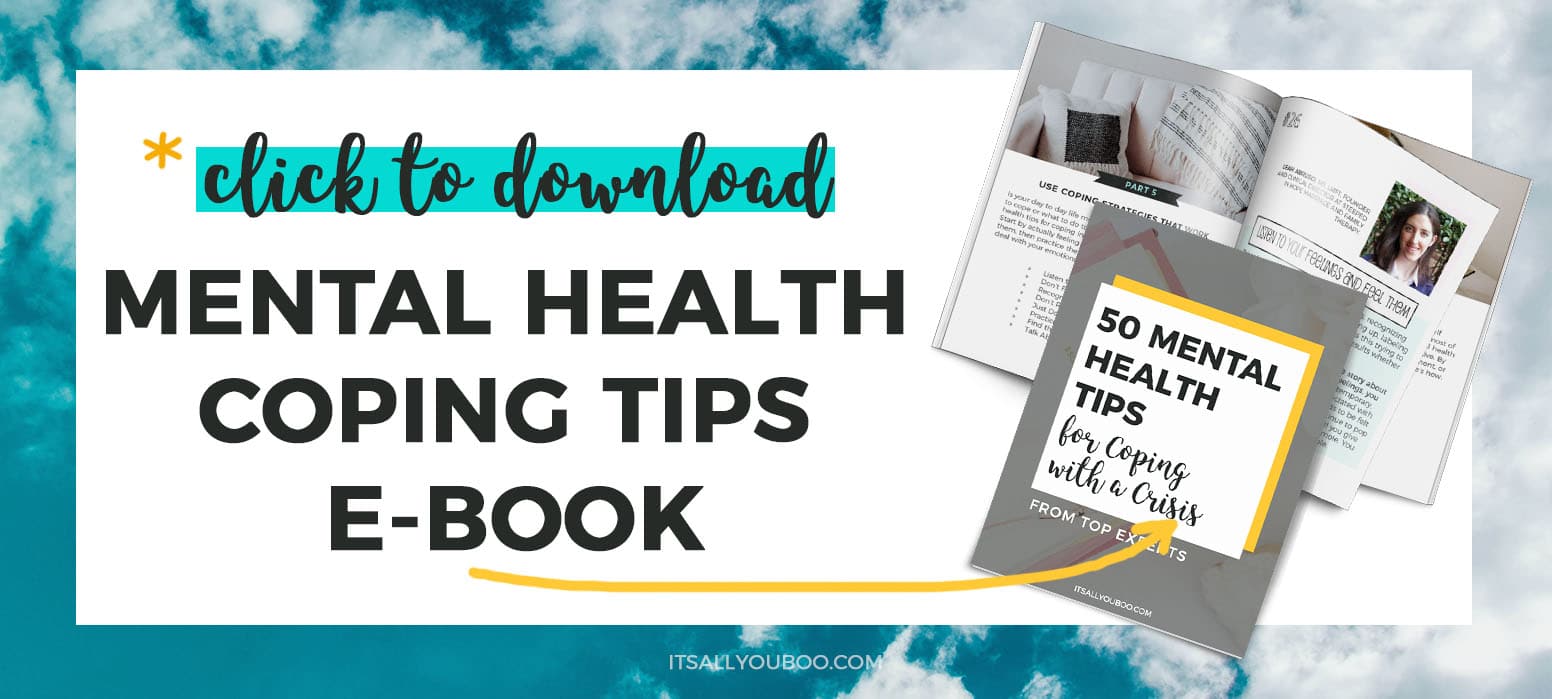
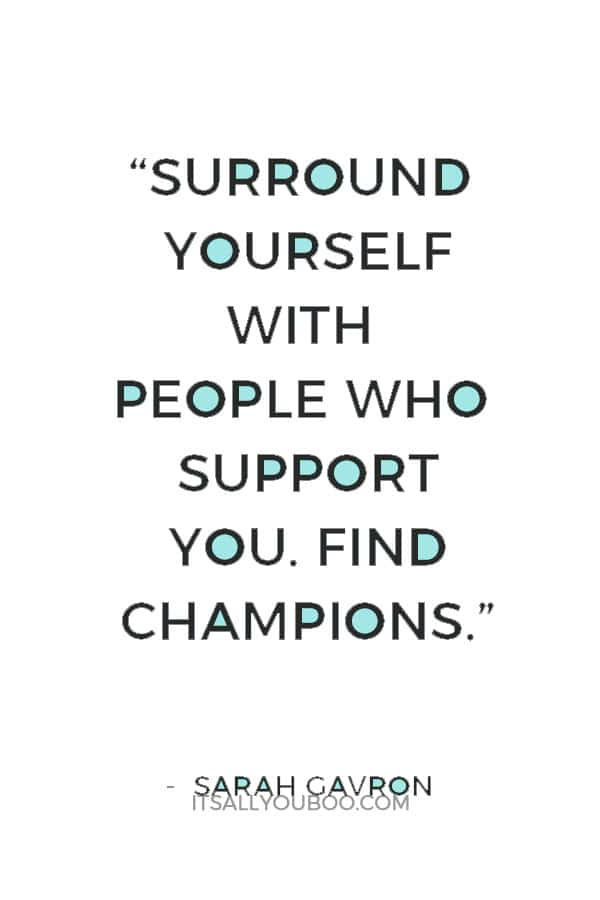



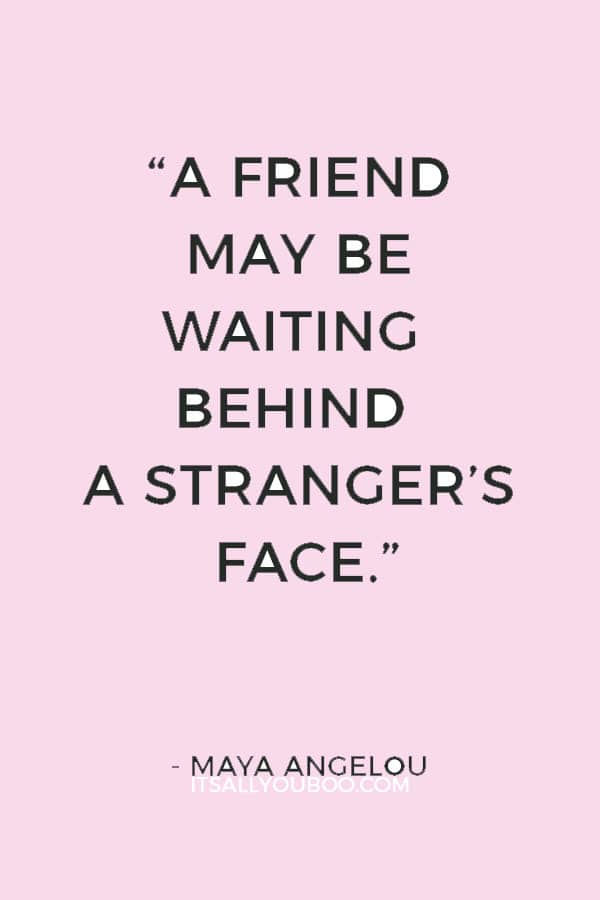
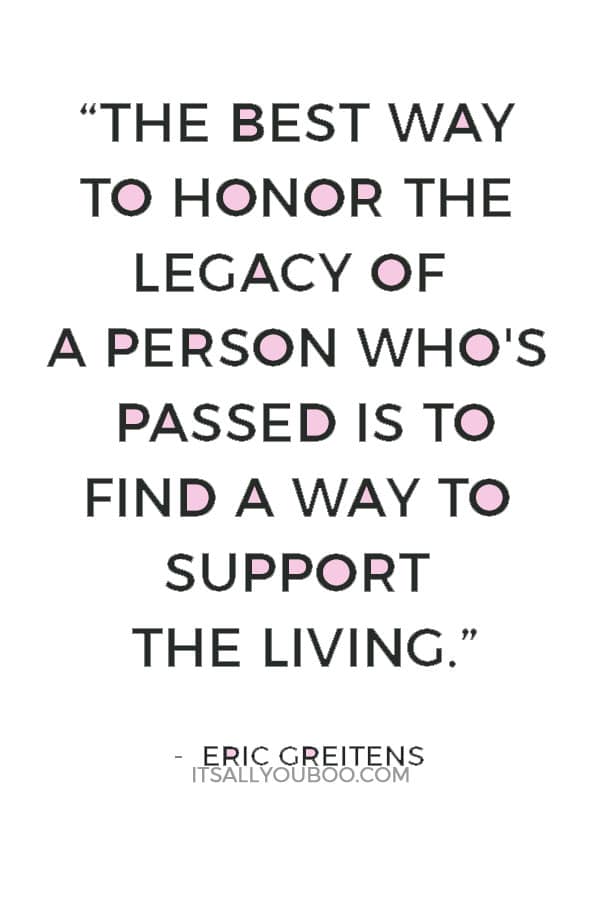
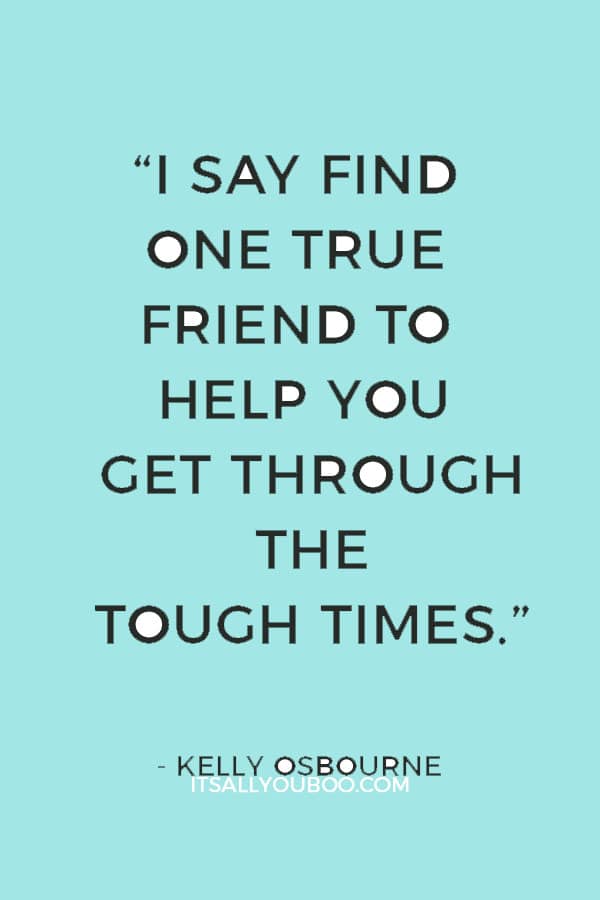
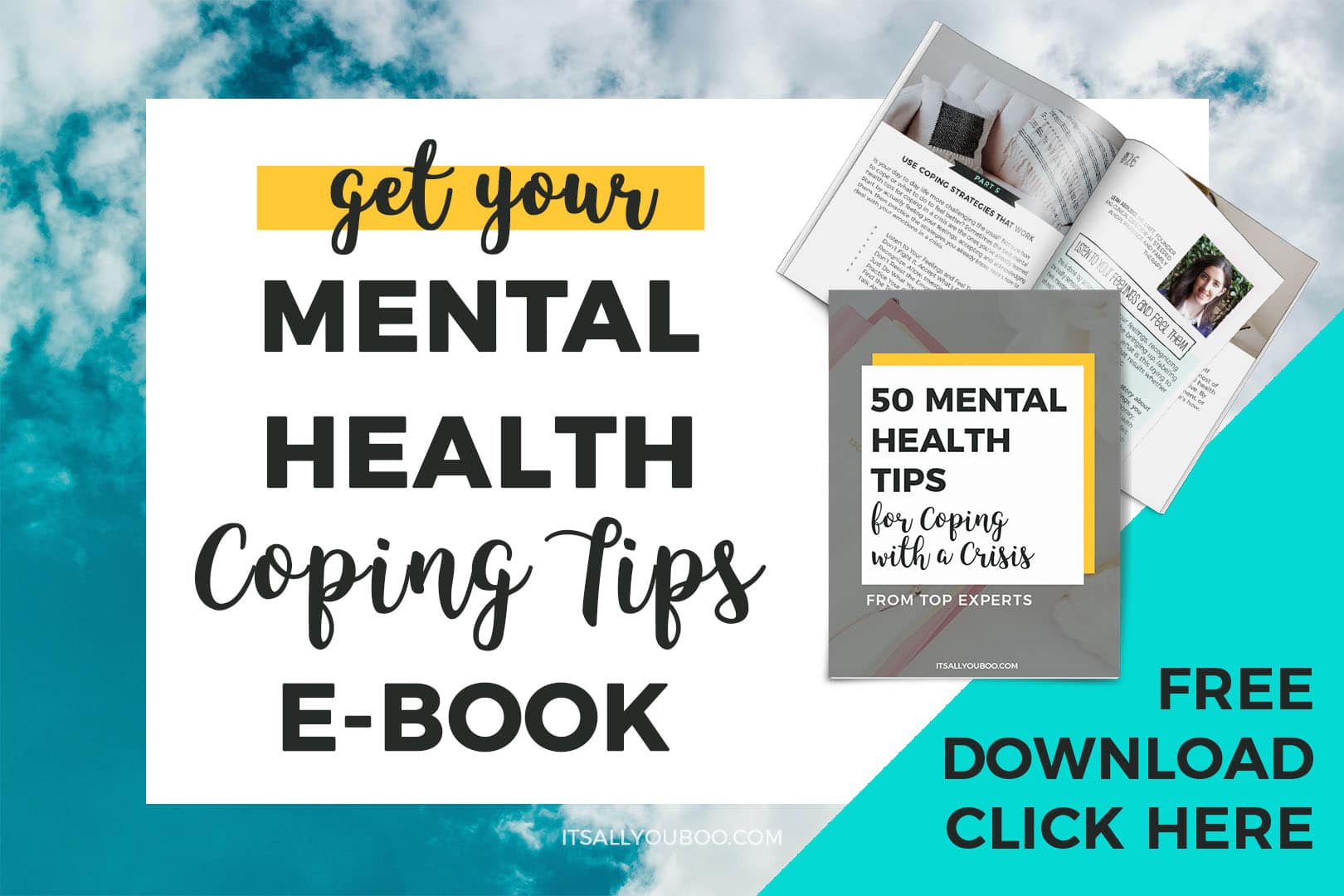




Mimi says
I seriously struggle with making friends, I’ve used support groups online before and they really helped me though
Nadalie Bardo says
Hey Mimi,
I feel you on this one. There have been times where I’ve felt so isolated and lonely. Online support groups are an amazing way to fill that need for friendship. I’m happy to hear they were able to support you.
Chiell Ordonez says
Thanks for this post! I havent been making many new friends, obviously because we really shouldnt be meeting in large groups. But every once in a while, I’d make plans to meet with a couple people to get that connection and interaction, safely of course! Very much needed!
Nadalie Bardo says
Hey Chiell,
You’re so welcome! I find that one of the best places to make friends is actually online. Since I’ve been blogging for so long, most of my close friends don’t even live close by. Stay safe and use technology to connect during these times.
Monica Simpson says
Having the support of friends is so important to me. No matter how many times I have moved in my life I have always made amazing friends.
Nadalie Bardo says
Hey Monica,
Me too! I would not be holding it together at all without them. We all need friends and support in our lives.
Natalie says
These are really great tips. Finding support and help is first step to solve loneliness problem.
Nadalie Bardo says
Hey Natalie,
Yes, I so agree with you. In that place of loneliness, it’s so important to reach out and find support. It’s readily available. One just has to be willing.
Rosemary says
What an important topic and filled with great and practical tips. Your quote from Maya Angelou stood out about a “friend behind a stranger’s face.” Being open and finding support are key. Thanks for sharing this article.
Nadalie Bardo says
Hey Rosemary,
Isn’t it the most perfect quote for feeling lonely? There really are friends out there, to be found in strangers.
palmetto rehab says
Hi. very interesting and useful article. Especially now, when the coronavirus is walking around the world. I think that during this time so many people have faced the problem of lack of socialization and have lost their previous contacts, lost touch with friends. And it can lead to depression, alcoholism and drug addiction. Horror in a word. so your article can be the lifeline and save many people, thank you
It's All You Boo says
Hey Palmetto,
Agreed, in this trying times where people have lost their touch with friends and family, depression, alcoholism and drug addiction is definitely something that we should look out for. Finding people who truly support us is very important in our emotional well-being and sanity. Thanks for sharing your insights!